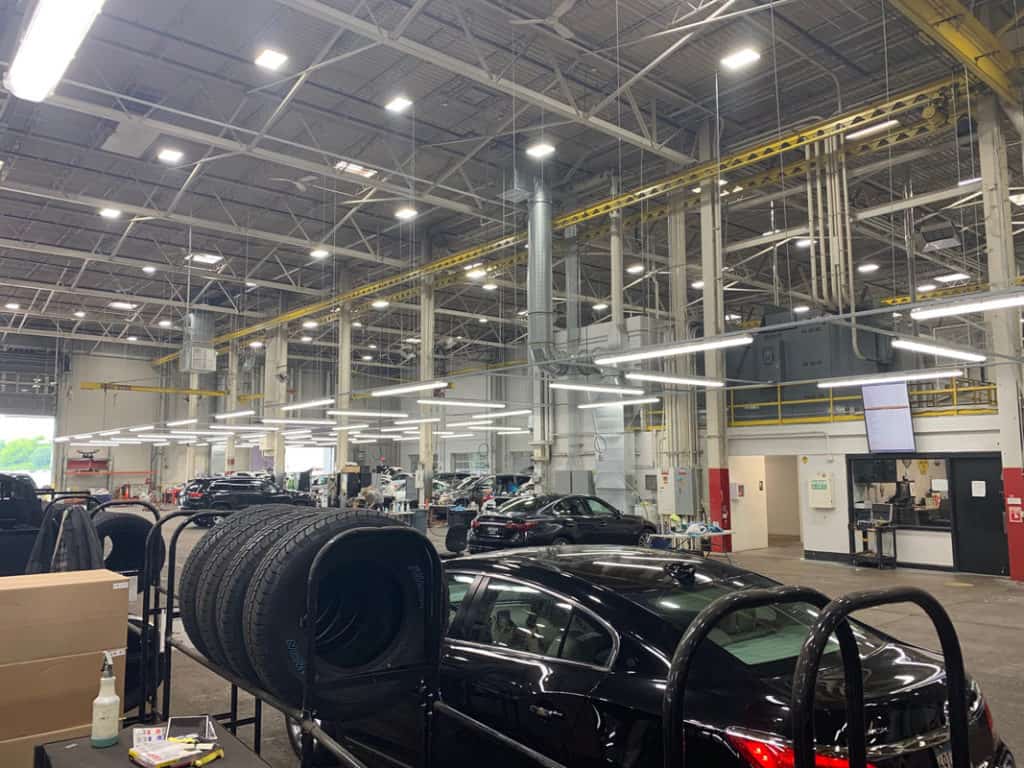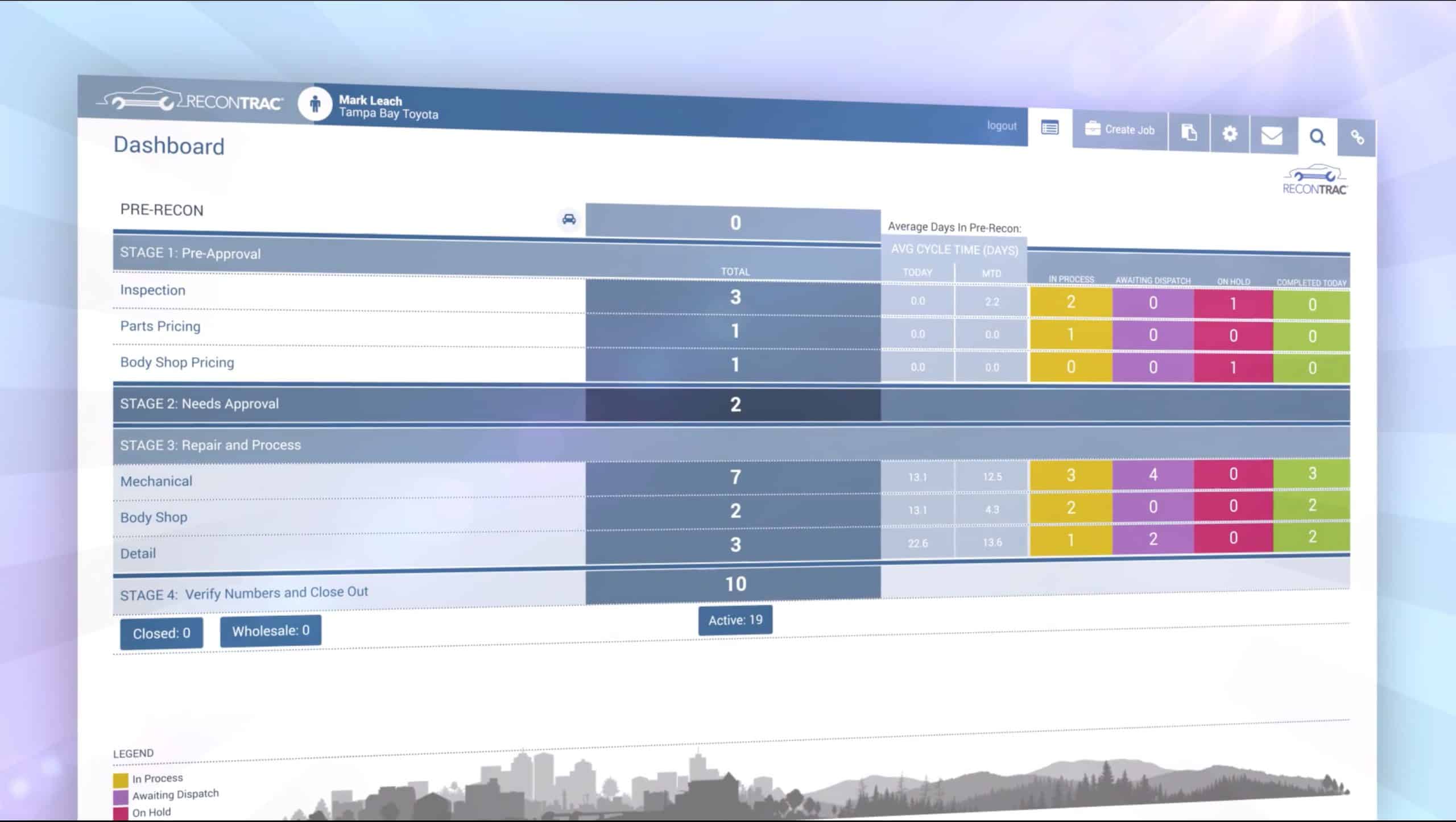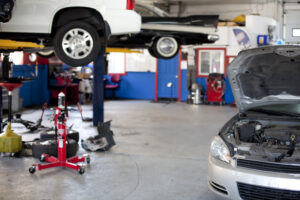The auto industry and the American dream go hand in hand. Ever since the first Ford Model T rolled off the assembly line back in 1908, the country has been crazy for cars, especially those made in the U.S.A.
Driving American is a point of pride for many consumers. Some connect it to the quality of the cars, trucks and SUVs they buy. Others operate under the idea that they’re easier to maintain and repair. Many believe that buying domestically manufactured vehicles is good for the economy.
And right now there’s a movement among drivers to buy American.
This is obviously good news for people in the business of selling cars–new and used. But first you need to know what kind of vehicles people want and why they want them.

Who Wants American-Made Vehicles
A lot has changed since Henry Ford revolutionized the auto industry. There are companies across the country and around the world competing for consumers’ car payments, and people purchase vehicles for a lot of different reasons.
Some say they want fuel efficiency. Others are interested in creature comforts and convenience. Many are looking for a bargain. And then there are those who want a little of all of it–but mostly want an American-made vehicle.
And there are more of them than you might think.
Most Americans still believe that buying U.S.-built vehicles is good for the economy, according to a Cars.com survey. The challenge is helping them identify the vehicles that best accomplish their goals.
How to Find the American-Made Vehicles
It can be nearly impossible for a consumer to find a vehicle that’s entirely made in the U.S.A. Vehicles that were once manufactured entirely within the boarders of the United States have parts and components that come from all over the world. And then there are the foreign-owned companies that manufacture their vehicles entirely in the country.
It’s simply complicated.
But you can help buyers understand the industry by identifying for them the vehicles that are American made. The Cars.com 2019 American-Made Index is a good place to start. It ranks the following vehicles as the top five most “American-made”:
- Jeep Cherokee, which is manufactured in Illinois,
- Honda Odyssey, which is made in Lincoln, Alabama,
- Honda Ridgeline, which is also made in Lincoln, Alabama,
- Honda Passport, made in Lincoln, Alabama, and
- Chevrolet Corvette, which is made in Bowling Green, Kentucky.
When Honda has three of the top five most American-made vehicles, you can see why it might be confusing to consumers–and why educating them is so important.

This Trend is Nothing New
A penchant among consumers to buy products with the “Made in the U.S.A.” label is nothing new, and it’s not going away any time soon, according to an article published by Forbes.
The question is can the automotive sales industry overcome the belief that buying American costs more. The answer is a resounding yes, thanks to the ever-present interest in used vehicles.
If there’s one thing Americans love as much as supporting the economy by purchasing products made in the U.S.A., it’s getting a good deal.

And that’s where you come in.
Whether it’s American made or not, when you take trade ins or buy cars at the auction, depreciation starts the moment you take ownership of that vehicle. Typically the holding cost is around $60/day per vehicle, which can cost you 10’s of thousands of dollars per month!
ReconTRAC not only tracks the vehicles, it’s automated workflow pushes vehicles through faster, fixing the process for good.
To learn more about how it can help you fix your used car reconditioning process, contact us today.





